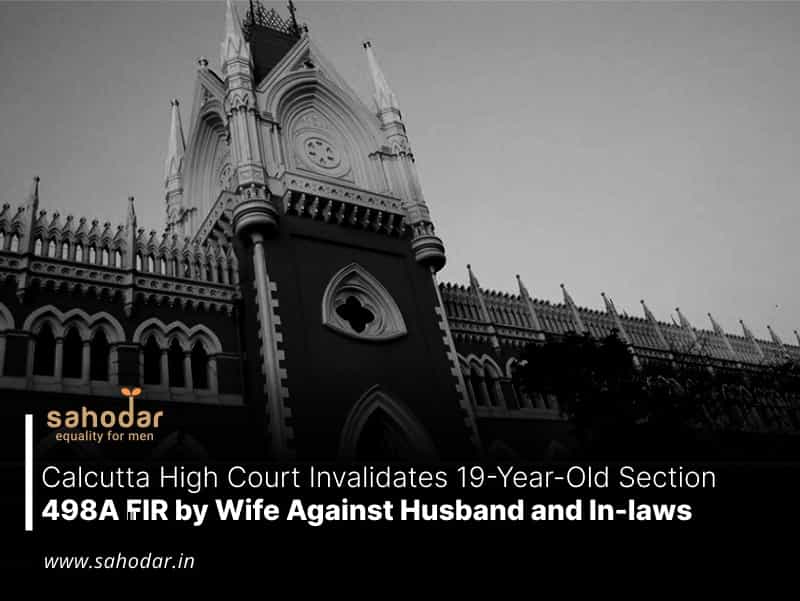Justice Shampa Dutt (Paul) noted that there was no evidence to support the wife’s claim that she was mercilessly beaten and also was tortured for dowry.
The Calcutta High Court, in the matter of Suman Kumar Das vs State of West Bengal, has rendered a decision to quash a cruelty case initiated in March 2010. The complainant, a woman, had alleged misconduct against her husband, mother-in-law, and sister-in-law under Section 498A of the Indian Penal Code (IPC). Notably, Justice Shampa Dutt (Paul), acting as the sole judge, underscored the temporal aspect of the case, emphasizing that the aggrieved wife lodged the complaint after a lapse of 19 years from the commencement of the matrimonial alliance.
“The allegations in the written complaint are general in nature and do not make out even a prima facie case against the petitioner in respect of the offences alleged. The present case has been filed 19 years after marriage with no supporting materials on record, to show that the ingredients required to constitute the offences alleged are present against any of the petitioners and thus permitting such a case to proceed towards trial will be an abuse of the process of law and the proceeding is liable to be quashed, in the interest of justice,” Justice Dutt observed in the order.
Pursuant to the First Information Report (FIR) lodged at Dum Dum Police Station in North 24 Parganas, it is asserted that the petitioner contracted matrimony with the complainant-wife in 1991. The allegations proffered by the wife contend that the petitioner subjected her to dowry-related mistreatment and coerced her into contemplating divorce or suicide on account of her purported infertility, ostensibly driven by the petitioner’s inclination towards contracting a subsequent marriage.
Conversely, the petitioner relies upon a High Court order dated September 2019, highlighting the limited cohabitation of the couple subsequent to their marriage, wherein a substantial portion of their marital duration transpired while living separately.
The tribunal diligently considered the submissions presented by both parties and took cognizance of the judicial observations in the September 2019 order. Additionally, the court underscored the absence of evidentiary corroboration from the complainant and the prosecution substantiating the alleged instances of severe physical abuse.
“The complaint has been filed 19 years after marriage. Prima facie there are no materials to substantiate the charges against the petitioners. The case thus, stands quashed,” the judge held.

